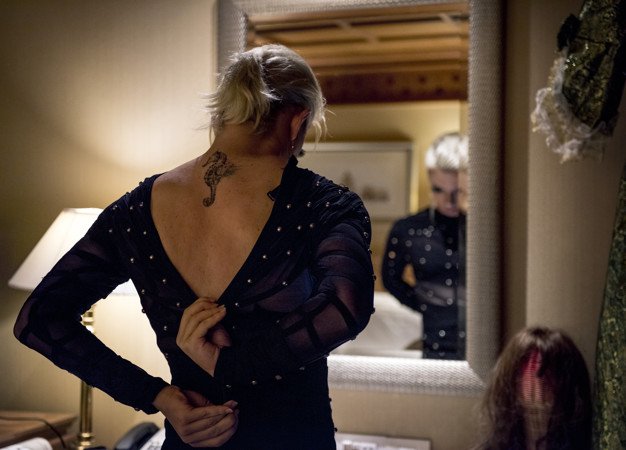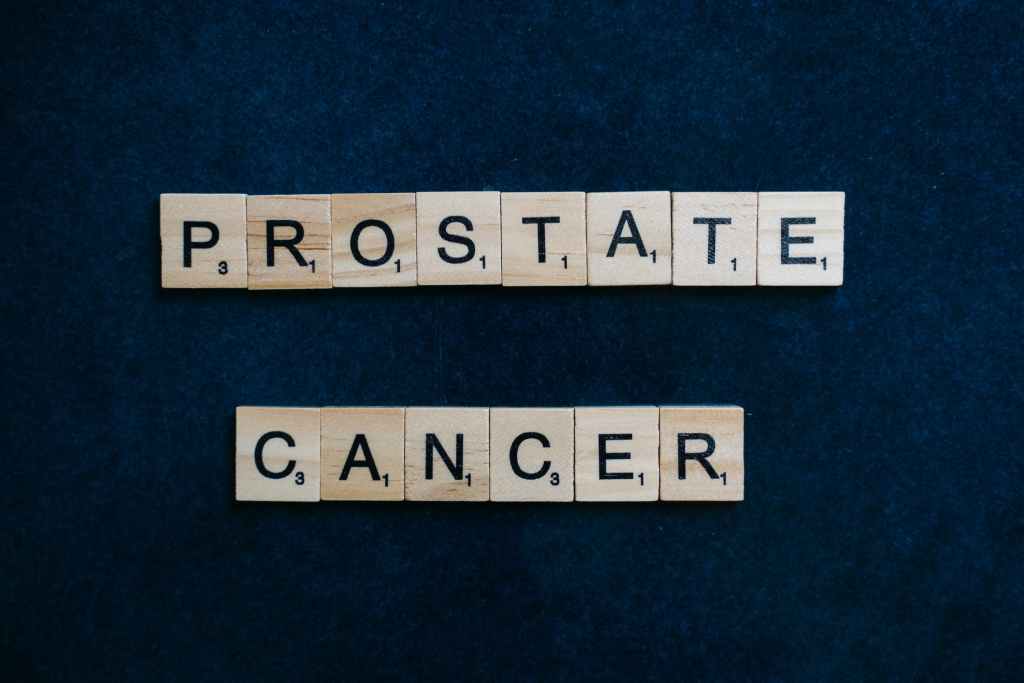Grief is such a personal yet universal emotion. The majority of us will experience it in our lifetimes, yet each of us will experience it differently. And while most people recognise grief as the deep, painful response to losing a loved one, this complex emotion comes in many forms and for many reasons, and death isn’t always one of them.
When my mother was diagnosed with Alzheimer’s, my emotions were on hyperdrive and they often ran the gamut. One minute I was angry and resentful; the next weepy and riddled with guilt. I would be going about my day seemingly functioning, and then out of nowhere, I’d burst into tears or become paralysed by anxiety. I initially thought this emotional rollercoaster was due to the exhaustion of being a caregiver to someone with Alzheimer’s. And in some ways, it was, but mainly it wasn’t.
Because we are hardwired to accept that grief follows a death, we often neglect to recognise that many of the emotions we experience as caregivers, such as anger, guilt, anxiety, depression, and despair, can actually be associated with grief. I was acutely aware of the pain that comes from losing a loved one, and because none of the emotions I was feeling regarding my mother felt anything like that, I was oblivious to the fact that I was grieving at all. Not only because this grief was masquerading as other emotions but also because my mother was still very much alive and kicking.
Grief by any other name is still awful
One form of grief often associated with caregiving is anticipatory grief. This grief occurs before an impending loss and is often triggered by a terminal diagnosis or by witnessing our loved ones struggling to maintain the lives they once enjoyed and participated in with ease. We may also experience anticipatory grief when the relationship we shared with them changes, and we realise our future plans and dreams, which included them, are no longer viable. If you’ve ever had a senior pet, you have most likely experienced anticipatory grief. Watching them age and/or struggle with mobility is a constant reminder that our time together with them is far too short, and the looming loss often triggers a vast menu of emotions.
Another form of caregiver grief is ambiguous loss, sometimes referred to as dementia grief, and this is when the person you are caring for is physically present but emotionally or mentally absent – as is the case with diseases such as dementia or Alzheimer’s, where you can be sitting with your loved one having a conversation yet it’s painfully obvious they are no longer there. Ambiguous loss can be particularly challenging to navigate because, unlike other forms of grief – including anticipatory grief – it often doesn’t offer the closure that comes with a more traditional type of loss. There are generally no shared “goodbyes” or mutual expressions of love at the end of this journey, and this lack of resolution can make it difficult for some caregivers to fully comprehend and process their grief.
Then there’s the grief that comes from losing yourself or the life you once had before you became a caregiver. This form of grief is often called disenfranchised grief (or secondary loss) because it’s not commonly acknowledged as grief as it isn’t “associated” with an actual death. This grief is the by-product of the demands that being a caregiver places on your time, energy, and emotional and financial resources, which can create significant changes in your lifestyle and identity.
For example, I moved from California to New Jersey to care for my mother. I went from being a talent executive in Variety TV to my mum’s Executive Caregiver and Warden almost overnight. My world was turned upside down and inside out so dramatically that I often felt like a stranger in my own life. This loss can be particularly hard to navigate as it falls outside the purview of what is traditionally understood as “legitimate” grief, so at a time when you’re already experiencing a disconnect, it can cause you to feel even more isolated and out of touch with your former self and your pre-caregiver life.
You cannot fix something if you don’t know it’s broken
Regardless of the emotions you experience, whether anger, fear, depression, or guilt, it’s essential to recognize them. Sit with these feelings, fully immerse yourself in them, and meticulously process each one. Only by identifying them for what they truly represent, which is grief, can we truly embark on the path to healing.
One day, I had what I can only describe as an epiphany wrapped in a total meltdown over a situation that never would have triggered me before. I was at the supermarket and my car door got dinged; that’s it, an itty-bitty ding. And while an almost unperceivable dent in my car wouldn’t have made me jump for joy in the past, it certainly never would have pushed me over the edge, either. Yet there I was, sitting in my car in the middle of a car park, sobbing and swearing out loud as I repeatedly hit my steering wheel with my palms.
Mid-meltdown, it dawned on me that I actually had no emotional feelings, one way or another, about the ding. Which meant I was having this extreme reaction to something else. So I set out to figure out what was triggering me, and the more I sat with my feelings, the more I realised what I was actually feeling was a deep, profound sadness about my mother, our future, and my current situation. But because I didn’t identify that sadness as grief, and because it needed to express itself somehow, it was manifesting as anger, anxiety or, as is the case in the car park, steering wheel abuse.
When you’re a caregiver to an ageing or ill loved one, grief is always on the ride with us. That’s because, as caregivers, we are generally caring for someone whose life is coming to a close, and that inescapable truth means grief is never far behind. So, accepting grief as part of the caregiving process is essential to making peace with it. It may sound simple, but it’s often one of the hardest things we ever do, mainly because we often don’t realise we are grieving. But by acknowledging our feelings and giving our grief a voice we are taking those first steps to mending our broken hearts.
Alexandra Free is an author and speaker who draws from her over a decade’s worth of expertise to help caregivers navigate the complex world of caregiving. Her book “From Zero to Zen: A Guide to Help You Thrive as a Caregiver” is available on Amazon or wherever books are sold.




























